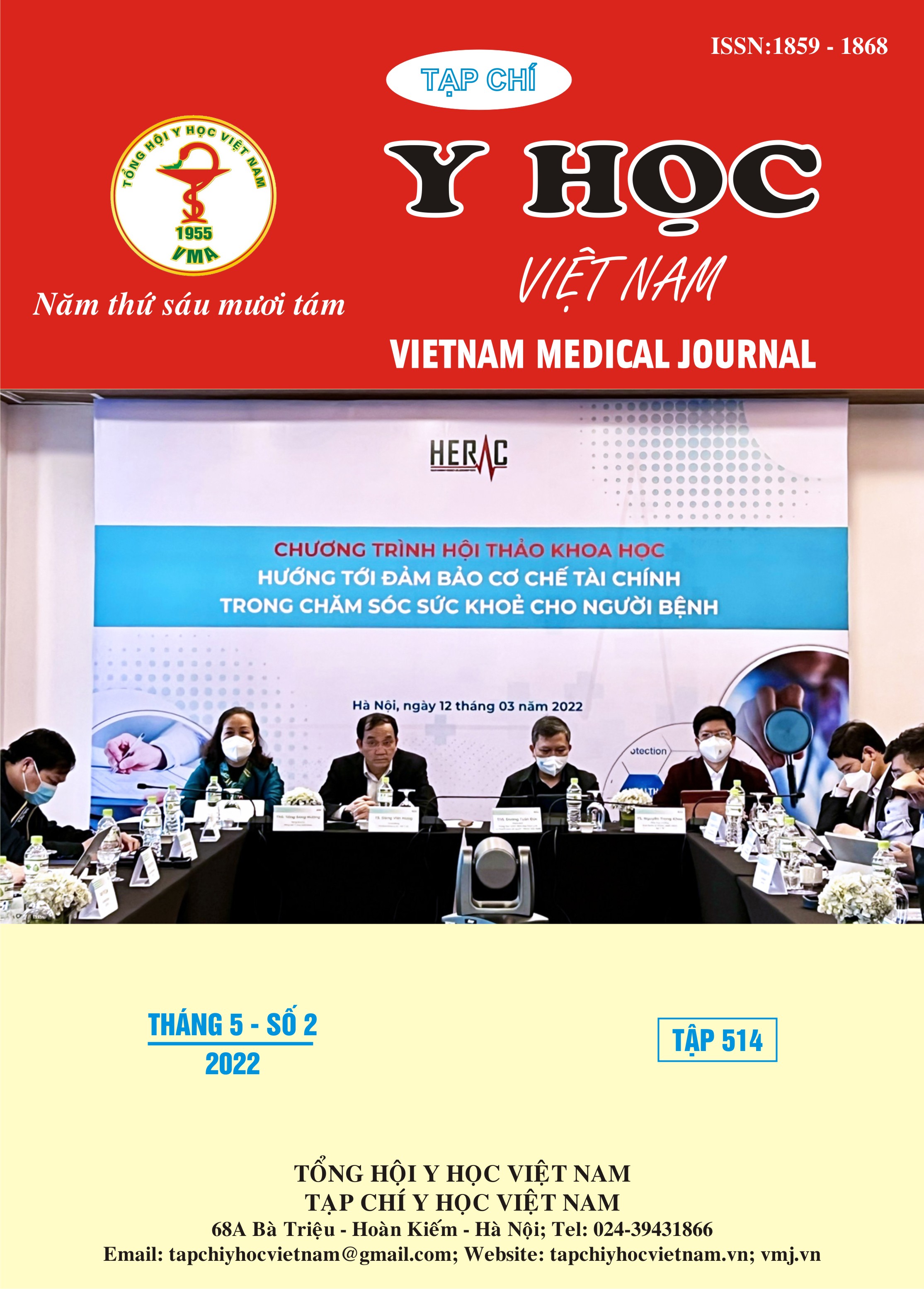INVESTIGATE THE QUALITY OF 18 COAGULATION PARAMETERS AT MEDICAL LABORATORIES
Main Article Content
Abstract
Before performing surgical intervention, the patient needs to have pre-operative tests for the doctor to evaluate and decide, the tests need to be performed include blood grouping, blood electrolytes, liver function, kidney function, HIV, HBV, HCV and coagulation function. In particular, the test to evaluate the clotting function has a very important meaning, through which doctors can delay the surgery or prepare preventive measures in case the surgery cannot be delayed [2]. Thus, it can be said that besides maintaining plan to ensure the quality of tests in general, it is very important to pay attention to and strengthen the quality control of coagulation tests and need to be prioritized [1],[4],[7].
With the importance above, the research team observed and evaluated the quality of 18 coagulation test parameters in 147 laboratories, in order to propose important conclutions, thereby helping laboratories to take effective and targeted methods in correcting and limiting similar errors in the future. Results: (1). The average error of 2021 improved compared to 2020 and 2009, and gradually decreased in the samples when observing 12 samples of 2021 separately; (2). Factor, D-Dimer and Thrombin Time have very little error, PT activity, PT as a ratio have high errors (>10%); (3). Semi-automatic devices have a higher percentage of z-scores exceeding ±3 compared to automatic devices; (4). Samples with abnormal concentrations (high or low) are more likely to be in error than concentrations within the normal range.
Article Details
Keywords
coagulation, error, z-score, PT score, RSZ
References
2. Đỗ Trung Phấn (2006), Bài giảng huyết học truyền máu – sau đại học, NXB Y học, Hà Nội.
3. Trần Hữu Tâm (2020), Ngoại kiểm tra chất lượng xét nghiệm – tái bản lần 4. NXB Y học, TP.Hồ Chí Minh.
4. Trần Hữu Tâm (2015), Những vấn đề cơ bản trong đảm bảo chất lượng xét nghiệm y khoa – tái bản lần 1. NXB Y học, TP.Hồ Chí Minh.
5. Clinical and Laboratory Standards Institute (2008) Assessment of laboratory tests when proficiency testing is not available; Approved Guideline – Second Edition, CLSI document GP29-A2, Vol.28(21), Wayne.
6. International standard (1991) Shewhart control charts (ISO8258:1991), Geneva.
7. International standard (2012), Medical laboratories – Requirements for quality and competence (ISO 15189:2012), Geneva.


